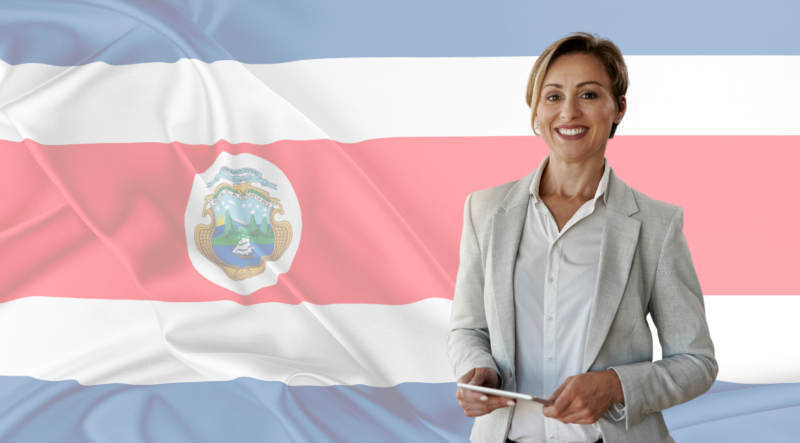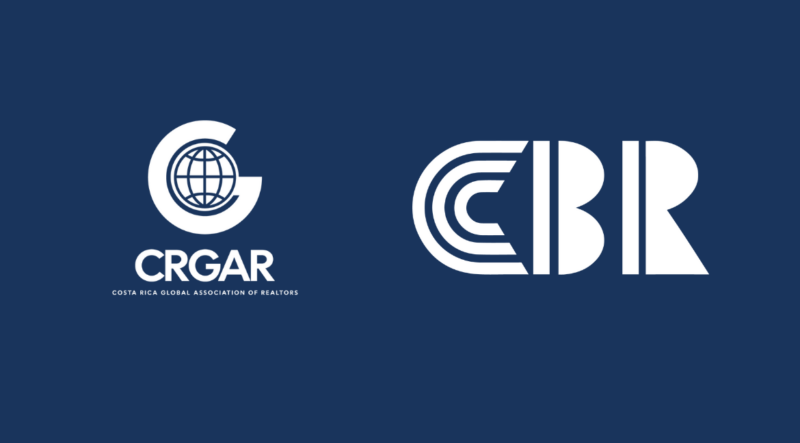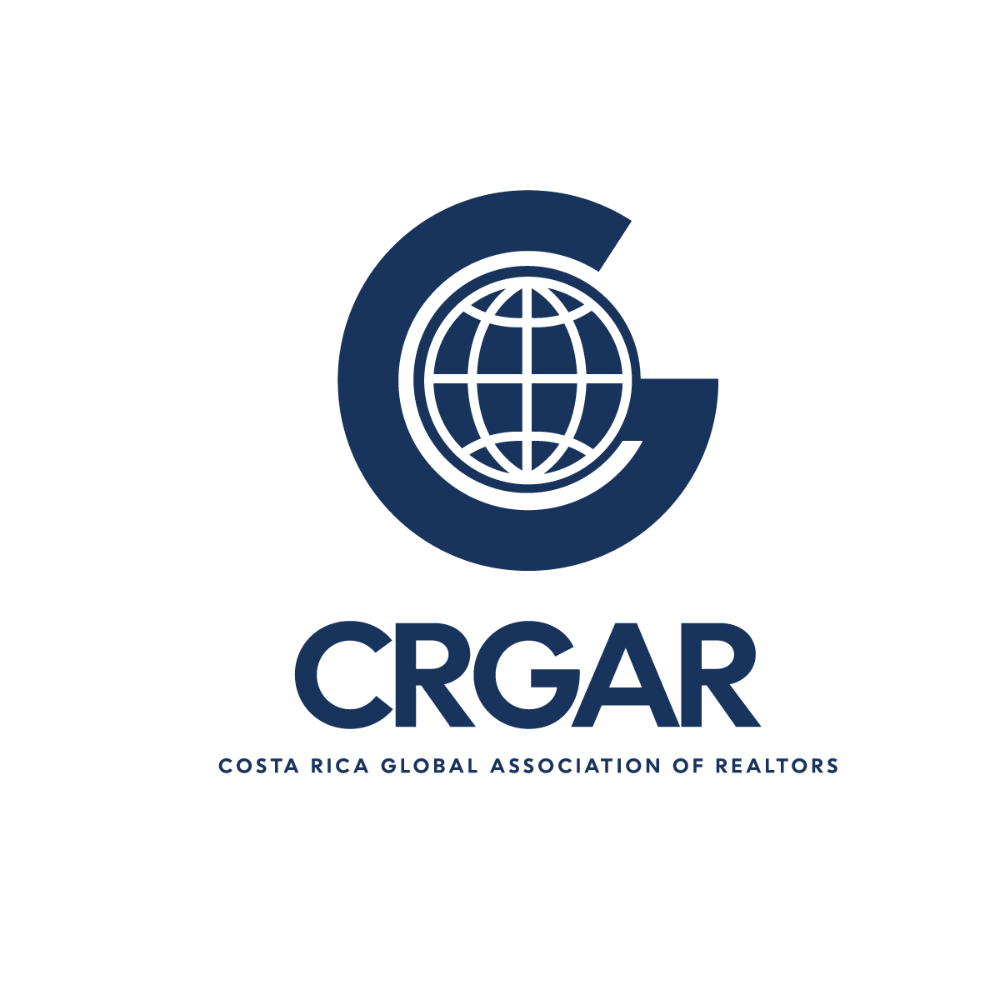
Buying real estate is often one of the most significant investments that most people make in their lives. It can come as a bit of a shock to North Americans or other foreigners that are considering purchasing real estate in Costa Rica that there are no official or required licensing requirements and the ‘industry’ is a bit like the Wild West. Unfortunately, there have been many times when a buyer or seller has trusted a so-called real estate agent in Costa Rica and has suffered disastrous consequences.
It isn’t just the real estate industry – many professions that are regulated elsewhere like massage therapists, hair stylists, or general contractors are not in Costa Rica. This doesn’t mean that there are not some exceptionally qualified professionals in these industries – it just means that people have to be aware and do their research before doing business with someone.
So, how does someone confidently choose a real estate agent in Costa Rica? The good news is that there are several ways you can identify if you are truly dealing with an ethical, experienced professional or brokerage.
Here are 3 important things to check before choosing a real estate agent in Costa Rica:
#1 – Confirm if they are a Citizen or Legal Permanent Resident of Costa Rica

Ask to see your real estate agent’s Cedula (Costa Rican Identification), if they are not a permanent resident of Costa Rica, they are working illegally. This is a major red flag as not working with a legal resident can often indicate someone that is trying to make a quick commission and is not concerned with finding you a safe investment suitable for your needs. Plus, if they are not a legal resident, likely, they will not be in Costa Rica long term or be able to assist you later on if needed.
#2 – Confirm if they are registered with SUGEF

In 2020, the Costa Rican government extended the authority of SUGEF (Superintendencia General de Entidades Financieras) to include oversight of real estate agencies. This is to protect against money laundering and fraud with financial transactions such as escrow payments and provides buyers protection, by ensuring that the people handling their financial transactions have accountability.
#3 – Confirm that they are a member of CRGAR or CCCBR

Two real estate boards, CRGAR (that’s us!) and CCCBR were founded by professional real estate agents in Costa Rica years ago that provide monitoring of members and require completion of a series of professional training that is based on the same requirements as the National Association of Realtors (NAR) in the United States. These associations are committed to ethical professional conduct and have transparent processes in place for handling misconduct complaints of their members and are committed to improving the professionalism of the real estate industry across the country.
What Standards CRGAR Members Follow
Our CRGAR real estate professionals are all active members of the National Association of Realtors (NAR). This means that they can use the term REALTOR®, which is a registered collective membership mark that identifies a real estate professional who is a member of NAR and subscribes to its strict code of ethics. NAR members must adhere to their Code of Ethics and Standards of Practice (which can be viewed here).
Our organization is committed to supporting the laws of Costa Rica including any efforts to create real estate licensing in the country. We have been encouraging Costa Rica’s National Assembly to pass a law and implement registration requirements for future, legally licensed realtors in the country.
All new members of CRGAR are required to complete a series of mandatory professional training courses within six months of joining our organization and we require our members to retake this training program every five years to ensure that they maintain their professional credentials.
For a real estate professional to become a member of CRGAR, they must state their legal working status on their application and provide supporting documentation. We provide our members with guidance on the requirements of legal business operations and provide training about the responsibility to pay income taxes and collecting VAT taxes on professional service fees.

The Power of Being Informed
Once people understand how the real estate industry is regulated here and what to look out for, they can have confidence in choosing an experienced, knowledgeable Realtor that will represent their best interests.
If you have any questions about the real estate industry in Costa Rica or our policies, please feel free to contact us.

Comments are closed.